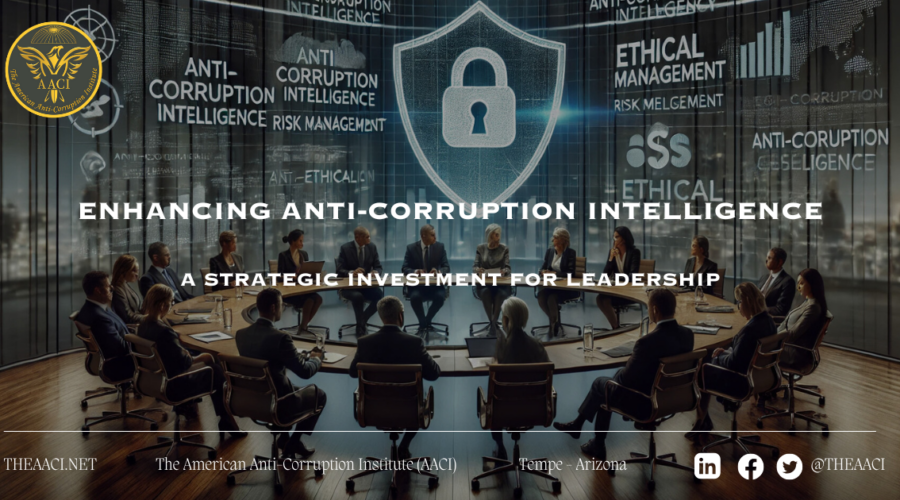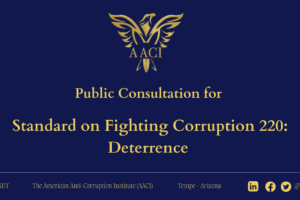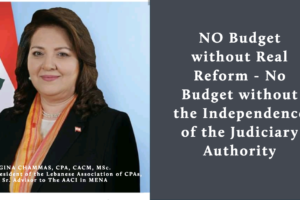Technical Staff
March 28, 2025
Introduction
In today’s global business environment, the risk of corruption poses a significant threat to organizations of all sizes. Understanding and addressing these risks is paramount for board members and leadership. This blog post aims to underscore the importance of enriching anti-corruption intelligence among organizational leaders, highlighting how this strategic investment can lower corruption risks and promote ethical organizational practices.
Understanding Anti-Corruption Intelligence
Anti-corruption intelligence refers to the knowledge and insights necessary to detect, prevent, and mitigate organizational corruption. It encompasses a range of activities, from monitoring transactions to analyzing patterns that may indicate fraudulent or unethical behavior. By equipping leadership with this intelligence, organizations can proactively address potential risks before they escalate.
The Role of Board Members and Leadership
Board members and organizational leaders play a pivotal role in setting the ethical tone for their organizations. Their commitment to anti-corruption influences organizational culture and impacts stakeholders’ perceptions. Leaders can guide their organizations toward sustainable and moral growth by actively engaging in anti-corruption efforts.
Beyond ethical leadership, board members and executives have a legal obligation to protect their organizations’ assets from loss and abuse. This fiduciary duty includes implementing adequate internal controls, ensuring financial oversight, and proactively addressing fraud and corruption risks. Failure to uphold these responsibilities can result in legal and reputational consequences for the organization and its leadership.
Board members and executives must also adhere to fundamental legal duties, including the duty of care and duty of loyalty. The duty of care requires leaders to act in good faith, exercise due diligence, and make informed decisions that serve the organization’s best interests. This entails staying updated on corruption risks, ensuring compliance with anti-corruption laws, and fostering a culture of integrity.
The duty of loyalty mandates that board members and executives prioritize the organization’s interests above personal or external influences. This duty includes identifying and managing conflicts of interest, which, if left unchecked, can create opportunities for corruption, fraud, and unethical decision-making. Effective risk management strategies, transparent governance structures, and robust conflict-of-interest policies are essential in safeguarding the integrity of leadership and preventing undue influence.
By upholding these legal and ethical obligations, board members and executives strengthen their organizations’ resilience against corruption and reinforce stakeholder confidence, regulatory compliance, and long-term sustainability.
Continue reading and share with us your thoughts and feedback at https://bit.ly/3FLS96T











































